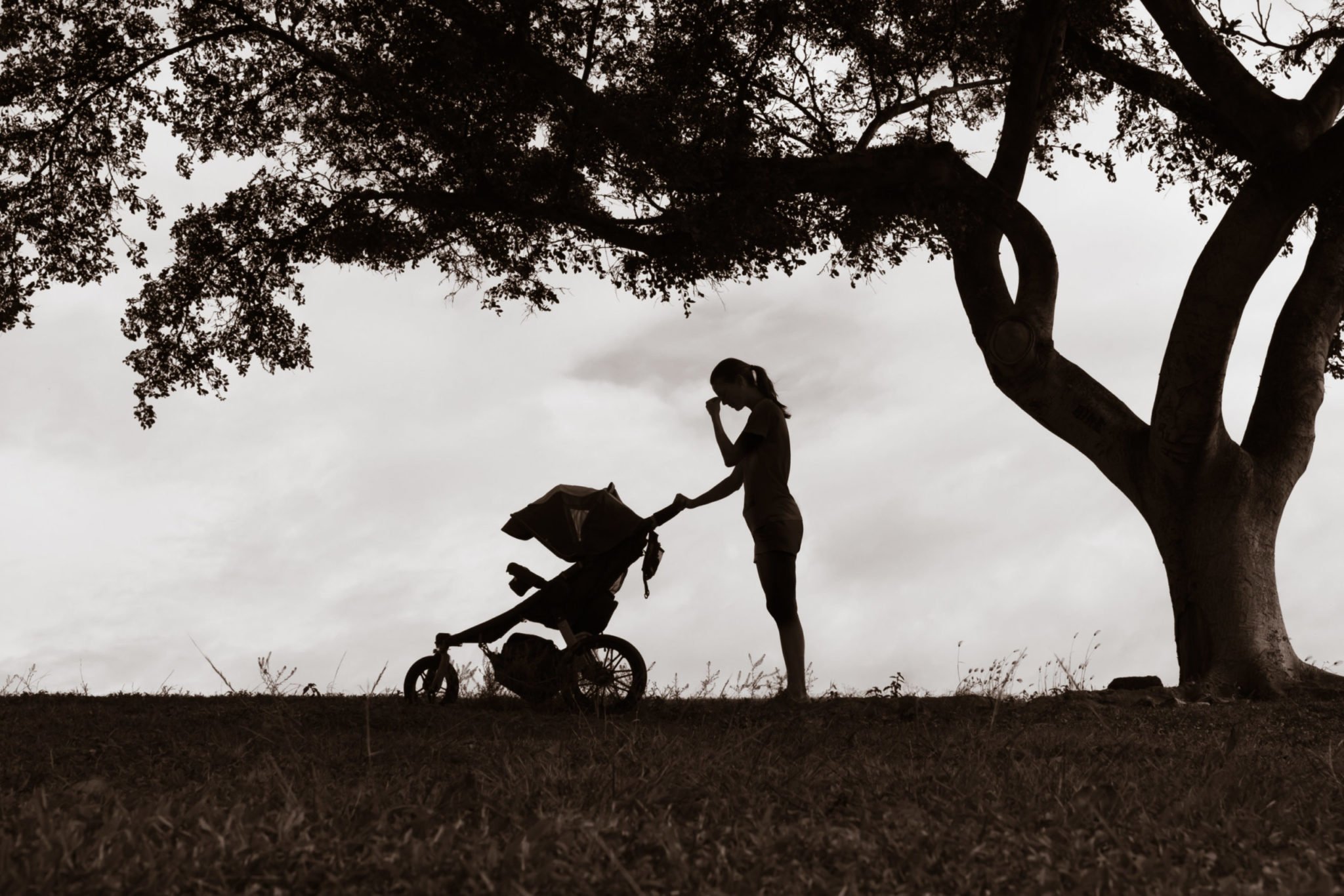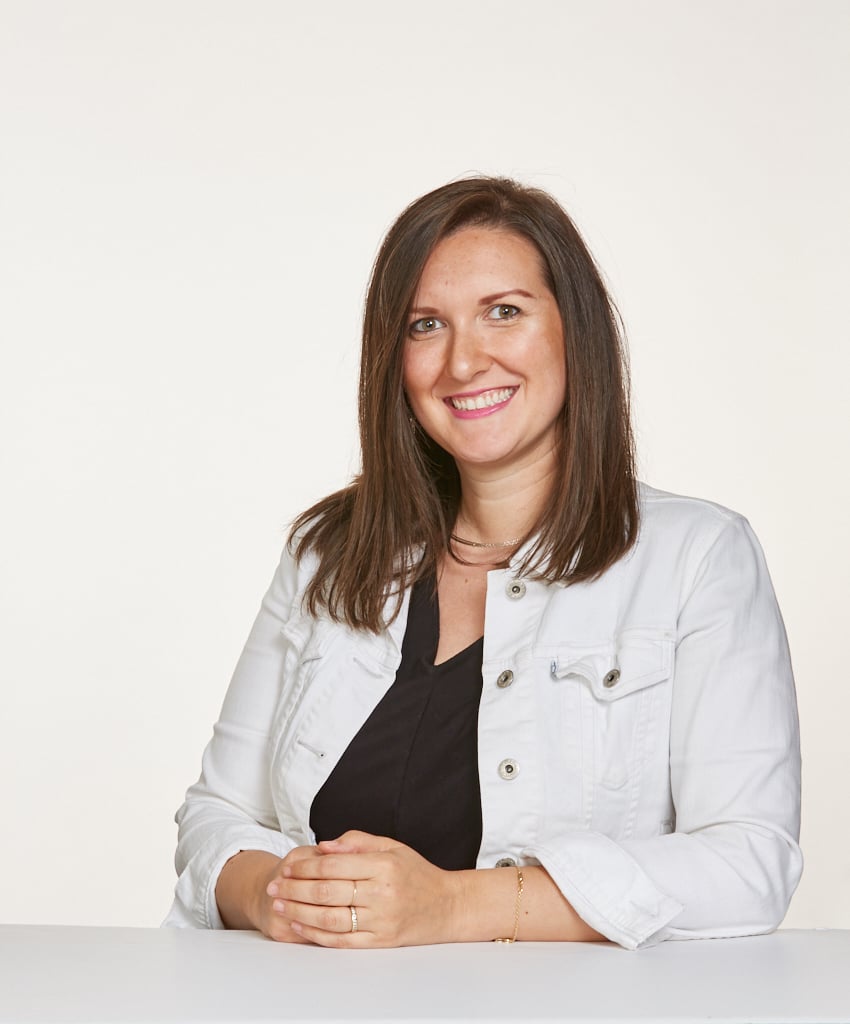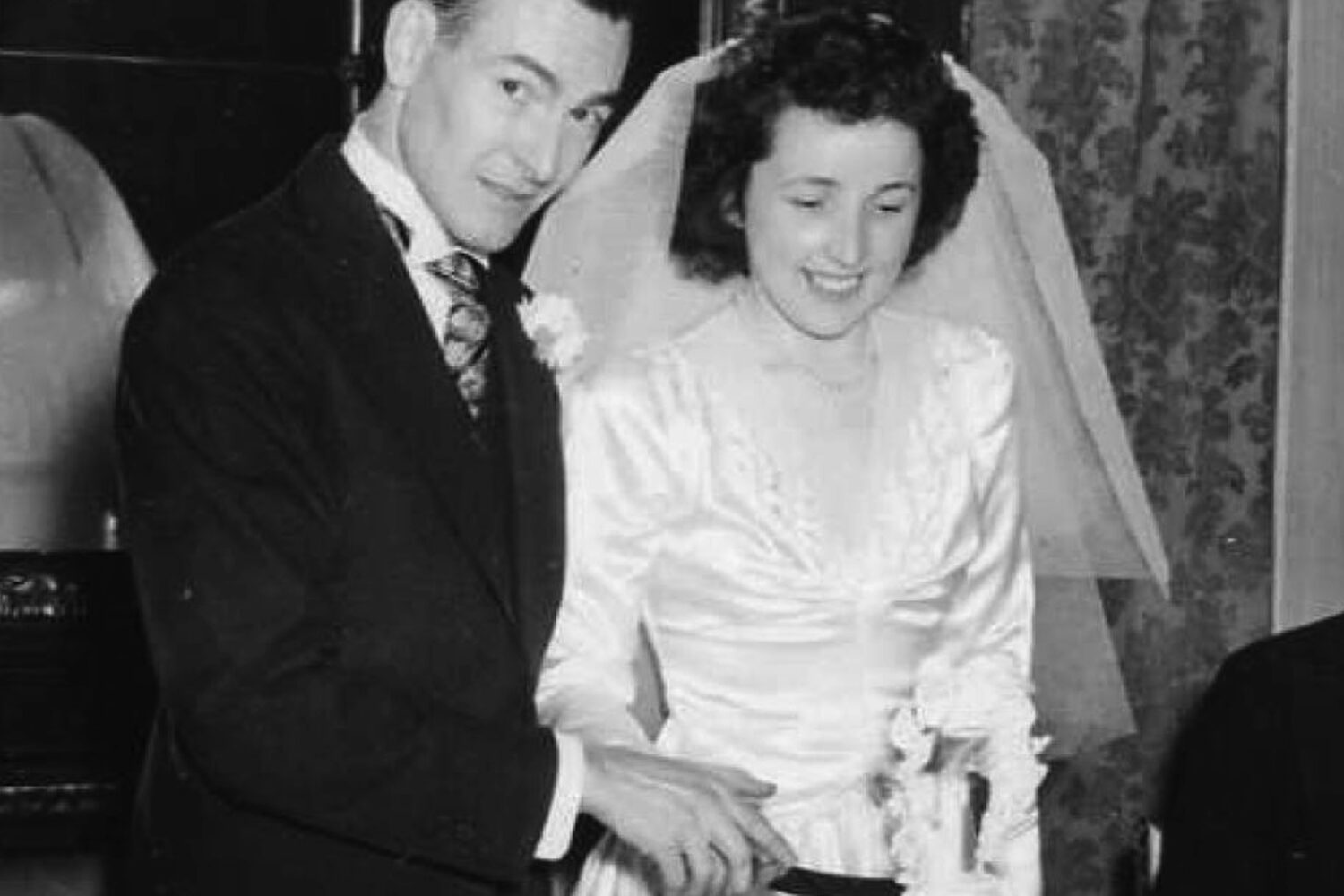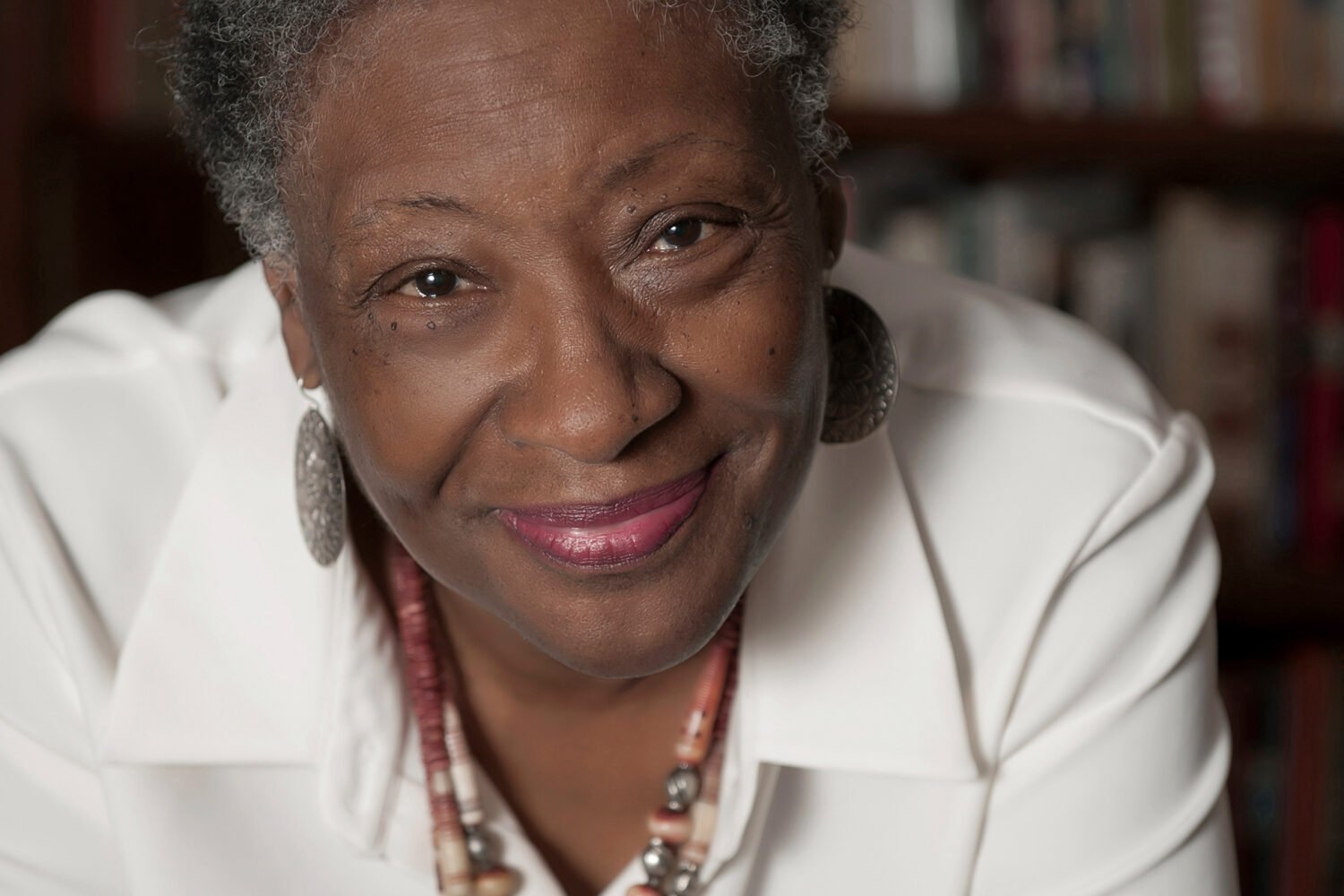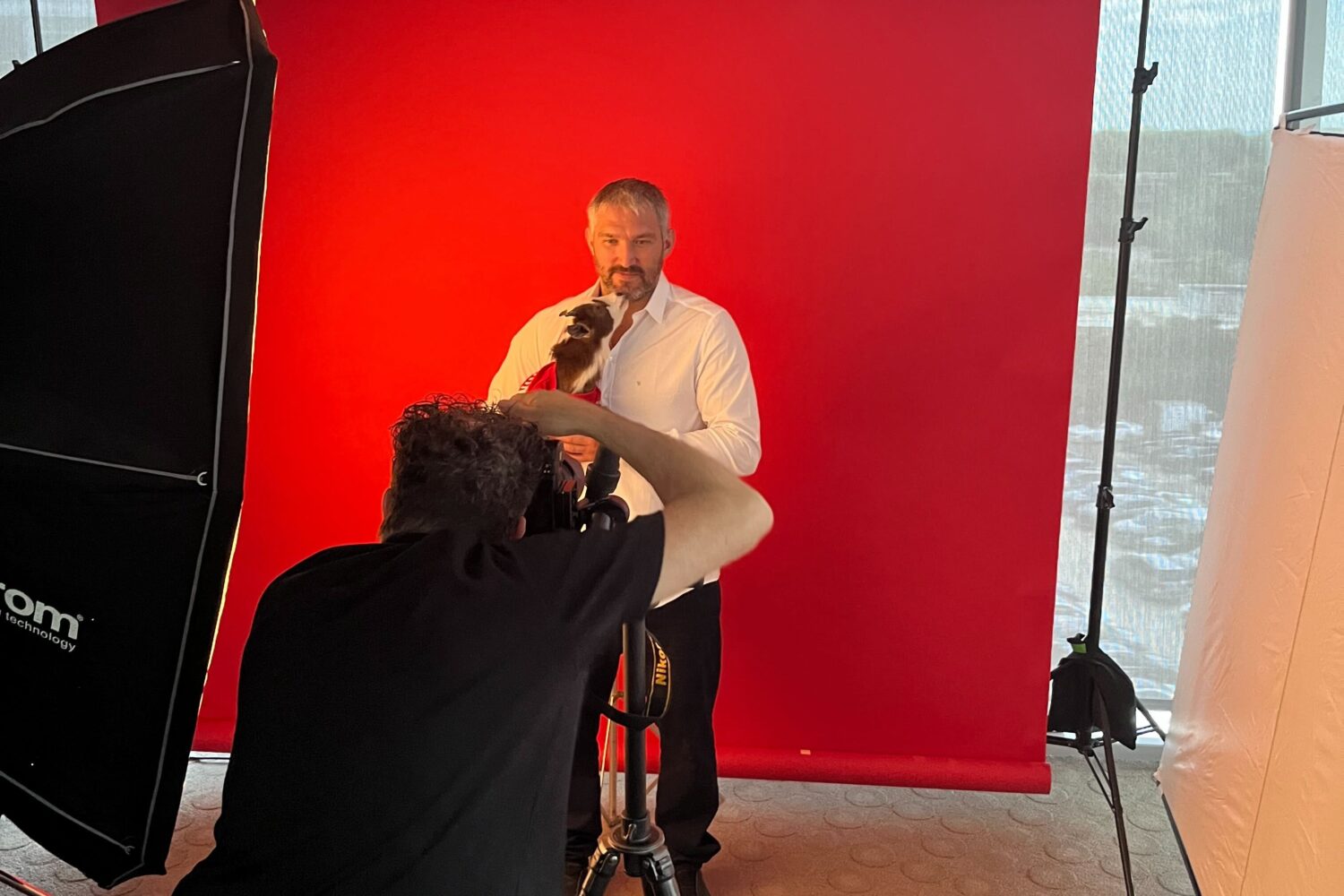It all started with a head of cauliflower. Well, two—one pristine, one in the early stages of decay. It had gray spots and yellowed leaves and I swear I saw something fuzzy on it. “How did you not notice this was rotten?!” I screamed at my husband.
“Oh, it is? I didn’t see,” he replied. “Sorry.” That was it—I had to get a divorce. Here I was three months postpartum, breastfeeding nonstop, barely holding it together while he was bringing home rotten vegetables. Appalling. “I don’t understand what the big deal is,” he said, which infuriated me more. Obviously, if he screwed up the cauliflower, he’d forget our baby girl in the back of the car on a hot day or wouldn’t notice her blanket was covering her face and she’d suffocate.
Scenarios like these were as common as washing onesies. Driving to my mom’s, I’d imagine a deer running in front of the car, causing it to flip, killing me and my daughter—or worse, only her. As I carried her downstairs, I’d lean back 20 degrees because otherwise I’d tumble down the entire flight and crush her. Nodding off during late-night feedings, I’d snap to with a vision of dropping her and breaking her neck. Because my husband was on paternity leave, he endured the brunt of my nightmares. A simple act, such as discovering he hadn’t put an undershirt beneath our daughter’s clothing, would trigger a fight so severe it would make me think I’d be better off raising her alone.
A couple of weeks after the cauliflower incident, I was at my parents’ when my mom asked, “How are you doing?” I broke into sobs. The can’t-breathe, heaving, ugly kind. While they both held me, she whispered, “Do you think you should call someone?”
I knew I needed help—and that I didn’t like this version of me. I spent the next morning cross-referencing a Psychology Today list with providers on my insurance site, trying to figure out whose office was closest so I wouldn’t have to spend any more time than necessary away from my daughter. Once I found a good therapist, it took only three sessions before she said it. Catastrophizing. There was a word for it. A common, albeit awful symptom of postpartum anxiety. As she put it, “taking a 411 and making it a 911.” I was doing this multiple times a day.
Thanks to therapy, I learned that lack of sleep exacerbated so much of what I was dealing with. Three to four times a night, I’d have to climb out of bed and breastfeed for 45 minutes. Not exactly a duty I could split with my husband and his worthless, milkless nipples.
My therapist taught me that a simple refrigerator calendar would help build structure into our schedules and lead to more balance, in turn fostering emotional equilibrium. She helped me recognize how hormones and brain chemistry had collided with societal and family expectations. In short, I’m a modern woman raised in a traditional family, and it’s been a challenge reconciling what I’ve been told I should do and be for my baby with what I want to be for her along with my husband.
As our daughter became less fragile and started sleeping more, my confidence grew. My husband calibrated himself to my sensitivity by not taking my irrational reactions personally. I slowly realized he wasn’t a villain—he was going through a monumental life change himself. We became closer.
Sometimes I still imagine the worst. If I’m spread too thin, it’s easy to create disasters in my mind. But love and joy combat the fear in a way that feels new to me. The fact that it’s been more than a year since my daughter was born, along with hormones settling down, has helped the happiness creep back in.
On that calendar now magnetized to the refrigerator, Sunday is family day—another therapist tip. This weekend, we’re going on a road trip. I hope we come upon a deer. I can’t wait to see our little girl’s excitement.
This article appears in the January 2020 issue of Washingtonian.

